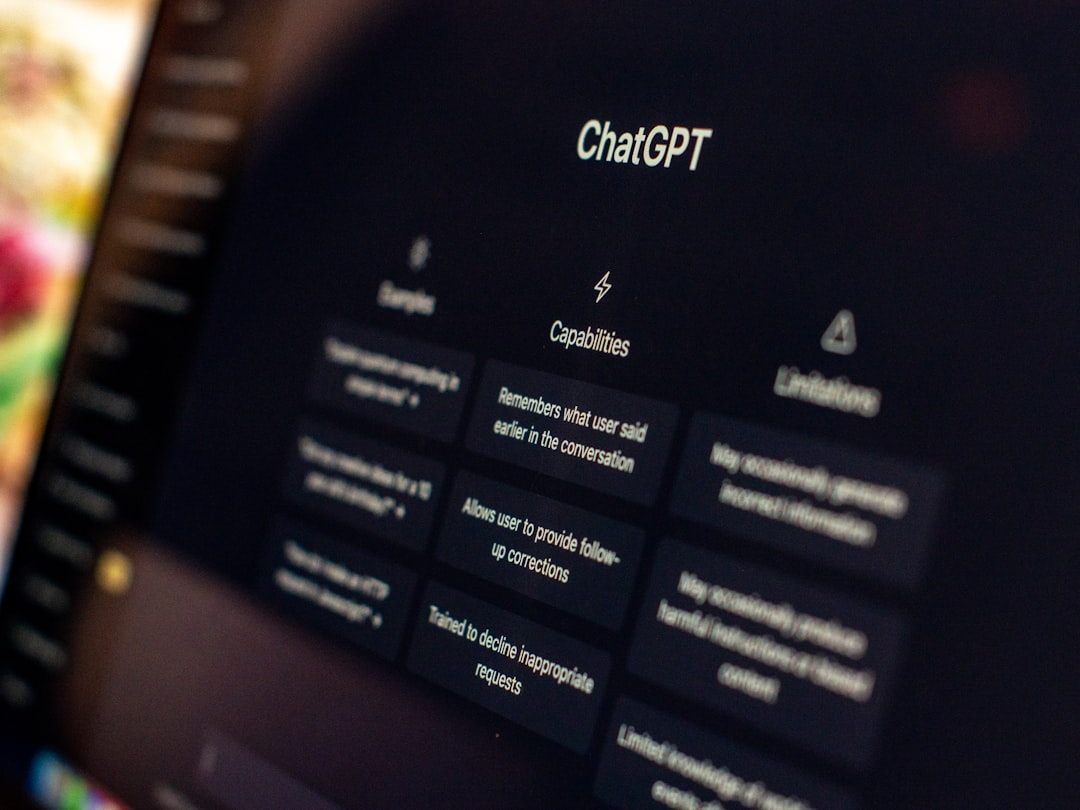Artificial intelligence has rapidly become a cornerstone of modern technology, reshaping how businesses and consumers interact with information. Two prominent AI platforms often compared in this domain are IBM’s watsonx and OpenAI’s ChatGPT. While both harness the power of large language models (LLMs) to deliver human-like interactions, their strengths and use-cases differ. So, when considering which is “better,” it largely depends on the context in which they are being used.
Contents of Post
What is watsonx?
In May 2023, IBM introduced watsonx, a next-generation AI and data platform designed primarily for enterprise use. It encompasses a suite of tools including:
- watsonx.ai – A studio for creating, training, and deploying AI models.
- watsonx.data – A data store optimized for analytics and governed access.
- watsonx.governance – Tools to ensure responsible, transparent AI usage.
Watsonx focuses on delivering enterprise-grade solutions that support governance, security, and compliance—essential for sectors like finance, healthcare, and legal services.

What is ChatGPT?
ChatGPT, developed by OpenAI, is a conversational agent known for its exceptional natural language understanding and generation. Based on the powerful GPT-4 architecture, ChatGPT serves millions of users worldwide through web browsers and APIs. It is widely used for tasks such as:
- Writing assistance
- Customer service chats
- Educational support
- Brainstorming and ideation
Unlike watsonx, ChatGPT is designed with a strong emphasis on ease-of-use and versatility in consumer and small business environments. It is also continually updated with the latest data and improvements via OpenAI’s robust training strategies.
Key Differences Between watsonx and ChatGPT
While both AI systems are grounded in language modeling, their approaches diverge significantly. Here are some of the core differences:
- Target Audience: watsonx is enterprise-centric; ChatGPT serves general users.
- Customization: watsonx allows greater model customization and training on proprietary data, whereas ChatGPT offers fine-tuning options mostly through API.
- Governance & Compliance: Watsonx includes built-in tools for responsible AI use; ChatGPT is more of a general-purpose tool with fewer enterprise-grade controls.
- User Interface: ChatGPT provides a friendly, chat-based experience; watsonx’s tools are more developer-oriented and require technical expertise.

Which One Excels in Performance?
This comes down to how performance is measured. If evaluating models strictly by natural language processing capabilities, ChatGPT leads in producing fluent, relatable, and creative language generation. It excels in:
- Contextual understanding
- Multiturn conversations
- Creative content generation
Watsonx, on the other hand, provides more controlled outputs, optimized for tasks that require fact-based accuracy, compliance, and auditability—vital for regulated industries. IBM offers organizations the chance to train watsonx models on their own data, giving them finer control over outputs than OpenAI typically provides.
Use Cases: When to Choose Which?
Depending on your goals, one might be more suitable than the other:
- Choose ChatGPT if you’re looking for versatile AI support for general tasks like writing, customer interactions, or ideation.
- Choose watsonx if your organization requires compliant AI systems with tooling to train and govern proprietary models on confidential data.
Final Thoughts
So, is watsonx better than ChatGPT? The answer depends on your needs. For enterprises seeking control, governance, and domain-specific training, watsonx represents a powerful, customizable platform. For broader user friendliness, natural dialogue, and creative capabilities, ChatGPT prevails as a convenient and advanced conversational agent.
Ultimately, these two platforms are not strictly competitors; rather, they are optimized for different users. As AI continues to evolve, organizations may even find value in leveraging both systems for complementary benefits.

